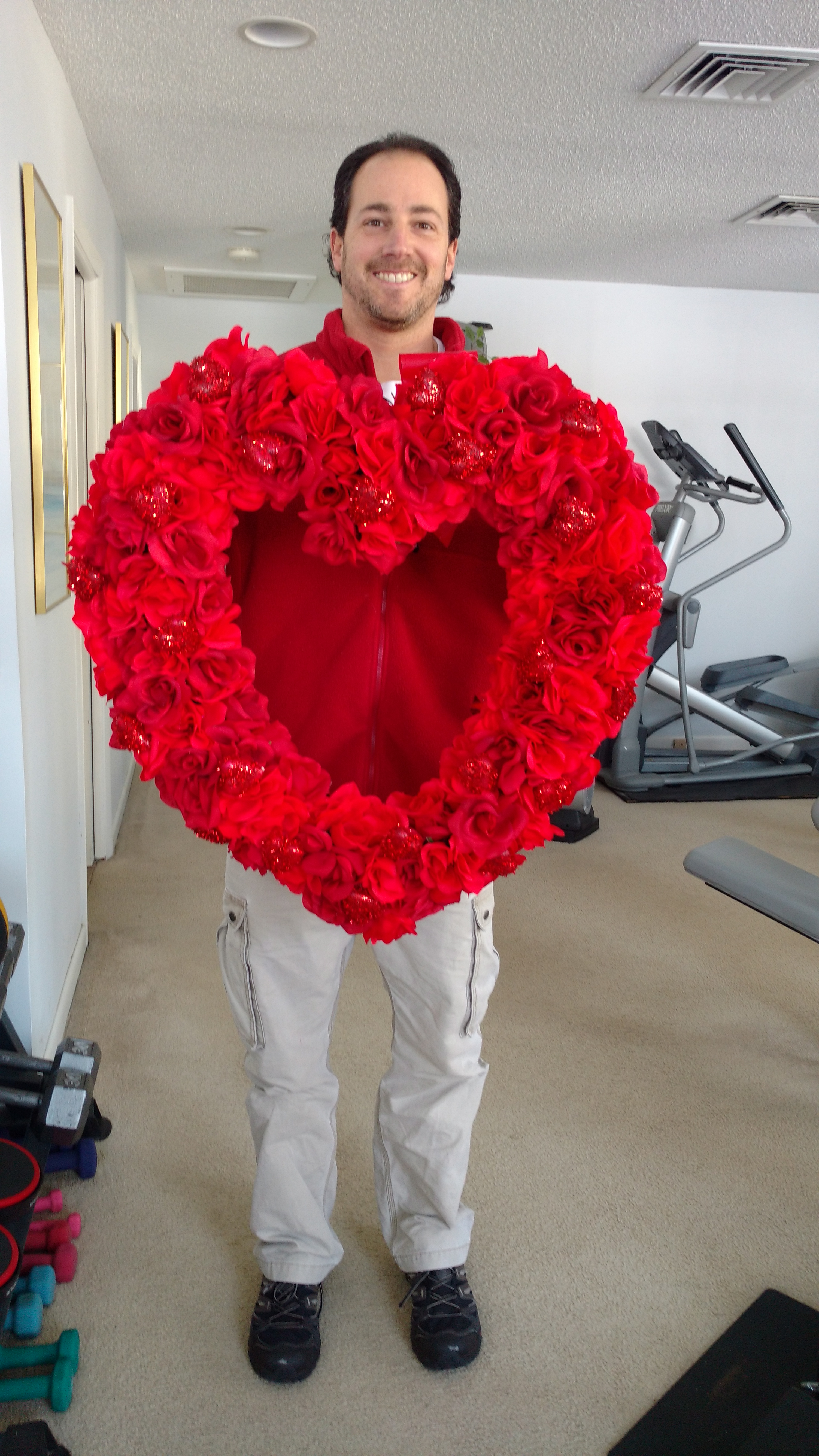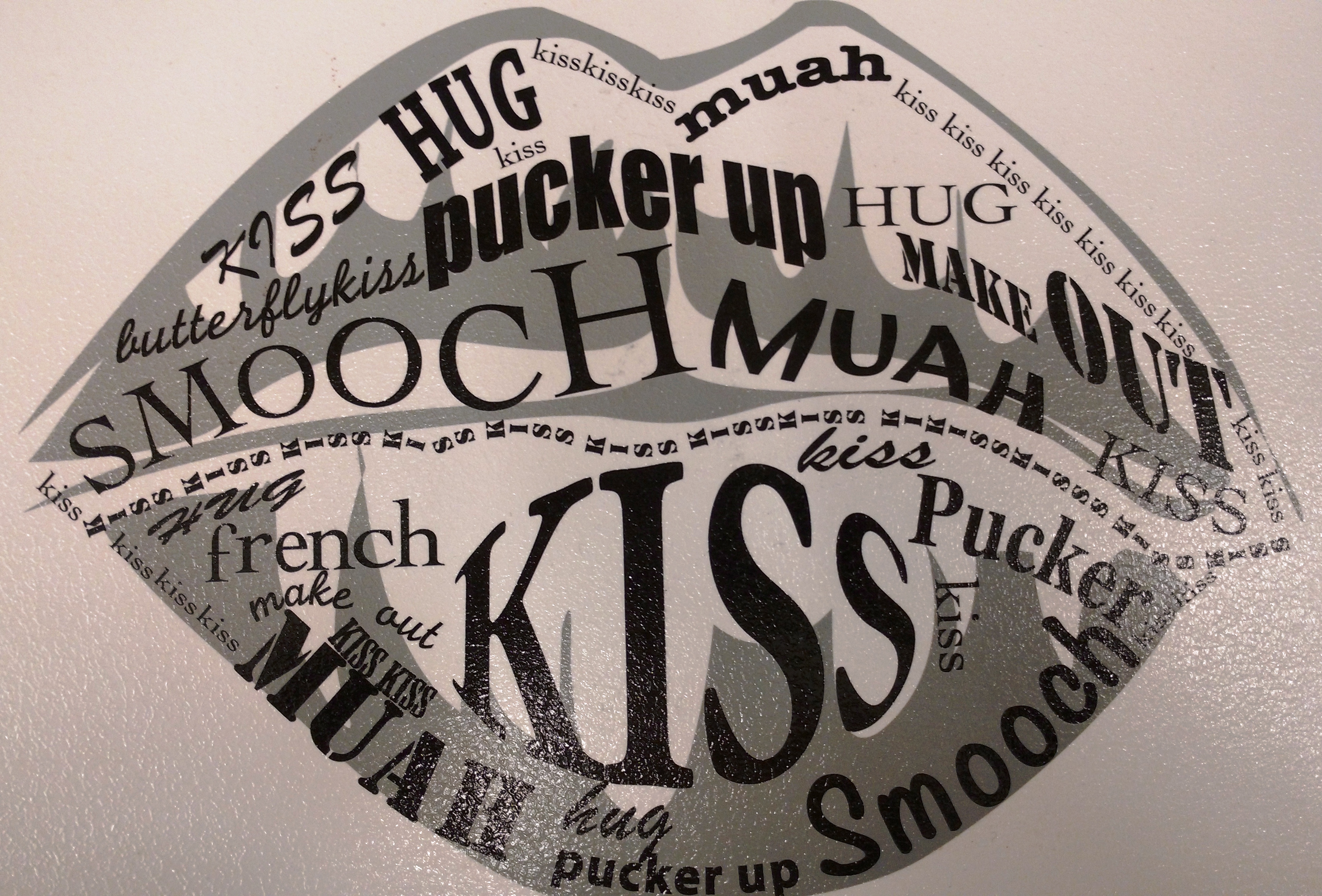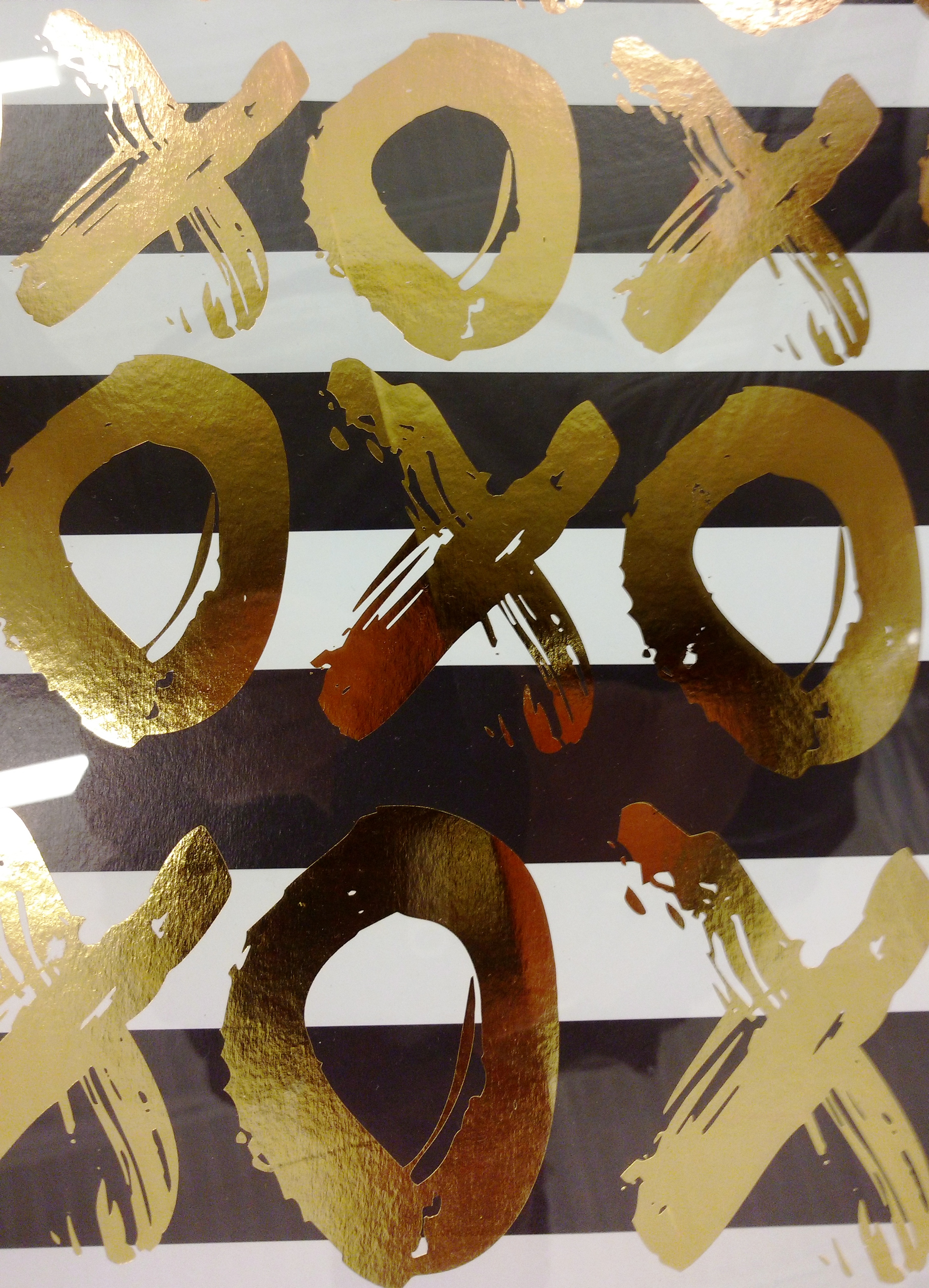 If it seems like real connection is fading away, science says you’re probably right. People are checking their cells 46 times a day, and if a phone is visible when two or more people are talking face-to-face, research shows it can generate some not so good feelings towards the cell phone holder. (1,2)
If it seems like real connection is fading away, science says you’re probably right. People are checking their cells 46 times a day, and if a phone is visible when two or more people are talking face-to-face, research shows it can generate some not so good feelings towards the cell phone holder. (1,2)
If using Facebook while on the phone, it can be worse. With so much focus on tech stuff, one has to wonder if we’re losing our ability to connect and build closer relationships. (3, 4)
Research says we certainly are. Studying Millennials (born between 1981 and 2000) and the Boomlets (born after 2001), it was found that they are dropping empathy like a bad habit.
From: Empathy, Why It Matters and How to Get It
“A recent study at the University of Michigan revealed a dramatic decline in empathy levels among young Americans between 1980 and today, with the steepest drop being in the last ten years…The shift, say researchers, is in part due to more people living alone and spending less time engaged in social and community activities that nurture empathic sensitivity.”
Without empathy, the feelings of close connection dampen and relationships suffer. And a healthy dose of empathy, say couples counselors, “is one of the best cures available.”
So how can we build better relationships? Empathy.
Here’s three fun, evidence-based ways to pump up your empathy muscles.
Go Platinum
Forget about the Golden Rule for a second. Try the Platinum Rule.
What’s the difference?
Golden Rule – “Do unto others as you would have them do unto you.”
Platinum Rule – “Do unto others as they would want you to do unto them.”
Asking what others like, want, prefer, think, etc. and then aligning our actions with those is going Platinum. Here’s why Platinum is better than Gold.
Have you ever tried to do something nice for some one and it backfires? Or you don’t get the reaction you planned? Are you sure you know why?
Chances are you probably didn’t ask them what they would like you to do for them. You just initiated on your own…with an expectation that they’ll love it. Problem is, acting on your own is seeing the world still in your own shoes.
So while we think we are doing something good, the other person may not be comfortable. While they might not want to reject our gesture, they may wish we hadn’t done such a thing because they would have wanted something different. Just like having a smartphone visible during face-to-face conversations can make others feel disrespected, doing something you think is good for them without their input may, in a subtle way, seem inconsiderate.
So apply the Golden rule then step it up to Platinum.
After you go platinum, pucker up!
Pucker Up
A smooch a day can keep the counselor away. Science says, it’ll do more good than you can imagine. Personally, I always felt there was some magic to it. Every time I kiss my wife before work, I feel so happy and connected. Now I know why.
From: The Science of Kissing: What Our Lips Are Telling Us
“A ten-year psychology study undertaken in Germany during the 1980s found that men who kissed their wives before leaving for work lived, on average, five years longer, earning 20 to 30 percent more than peers who left without a peck good-bye. The researchers also reported that not kissing one’s wife before leaving in the morning increased the possibility of a car accident by 50 percent. Psychologists do not believe it’s the kiss itself that accounts for the difference but rather that kissers were likely to begin the day with a positive attitude, leading to a healthier lifestyle.”
If you don’t have someone to share Xs, find someone to give Os.
Give Hugs
Hugs are like drugs. Seriously.
Medication lowers blood pressure. Hugs do too.
More frequent partner hugs and higher oxytocin levels are linked to lower blood pressure and heart rate in women.(5)
Hugs can also motivate us, like drugs. How? They help release dopamine.
MRI and PET scans reveal that when you hug, your brain releases dopamine. (6, 7)
Dopamine feels good, but you know what chemical brings us together with hugs?
Oxytocin. It’s the chemical linked to social bonding and the feeling of connection. (8)
According to DePauw University psychologist Matt Hertenstein…
“Oxytocin is a neuropeptide, which basically promotes feelings of devotion, trust and bonding. It really lays the biological foundation and structure for connecting to other people.”
How many hugs per day?
Research says five.
From: The How of Happiness
“In a one-of-a-kind study, students at Pennsylvania State University were assigned two groups. The first group was assigned to give or receive five hugs per day over the course of four weeks. The second group was instructed simply to record the number of hours they read each day over the same four weeks.”
And the results?
“The hugging group (which partook in an average of forty-nine hugs over the course of the study) became much happier. Not surprisingly, the students who merely recorded their reading activity (which averaged a not-too-shabby 1.6 hours per day) showed no changes.”
OK, let’s wrap-it up Platinum style (as it would like to be wrapped up), kiss it and give it a big hug.
Wrap-Up
- Go Platinum – Remember to practice the Platinum Rule. Empathy builds closer, deeper relationships.
- Pucker Up – A kiss before heading to work carries some invisible powers to help relationships and overall health.
- Give Hugs – Aim for at least 5 a day. Hugs feel good, fuel trust, devotion, bonding and happiness.
Referenced Books
(1) Empathy, Why It Matters and How to Get It
(2) The Science of Kissing: What Our Lips Are Telling Us
Not Yet a Subscriber?
Sign-up Free Today & Get a Free Real Food Therapy Guide





